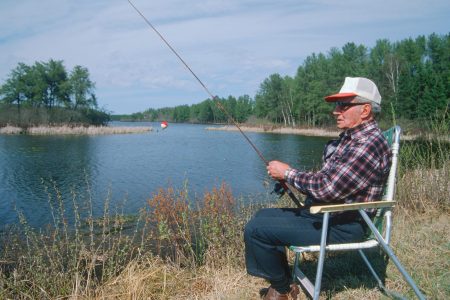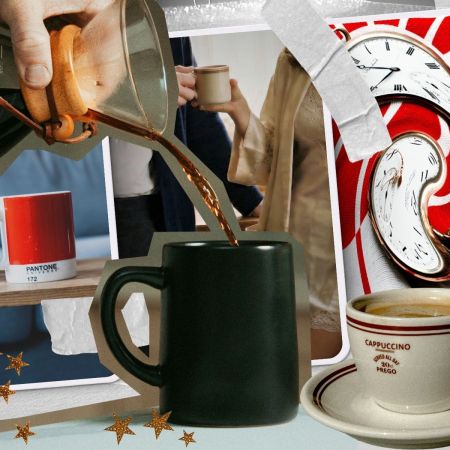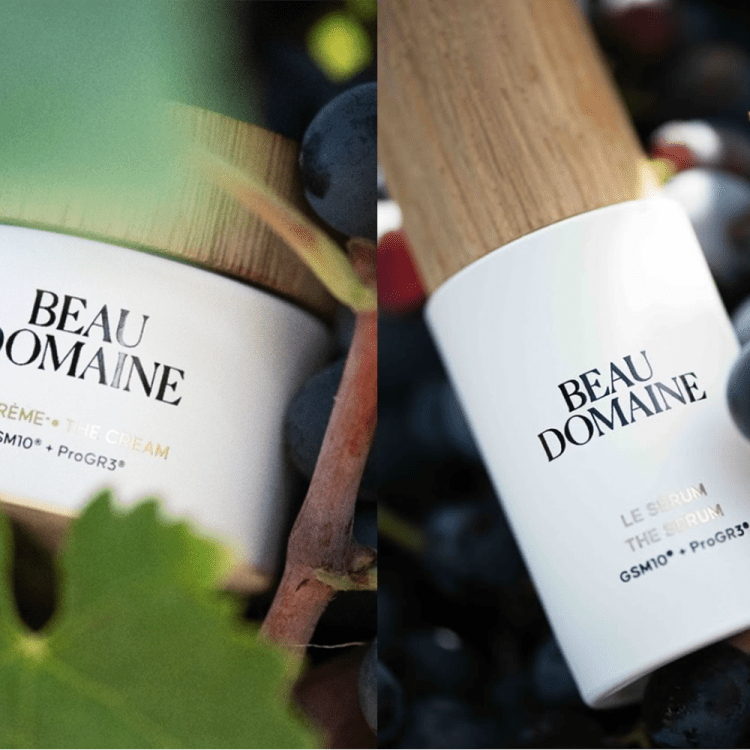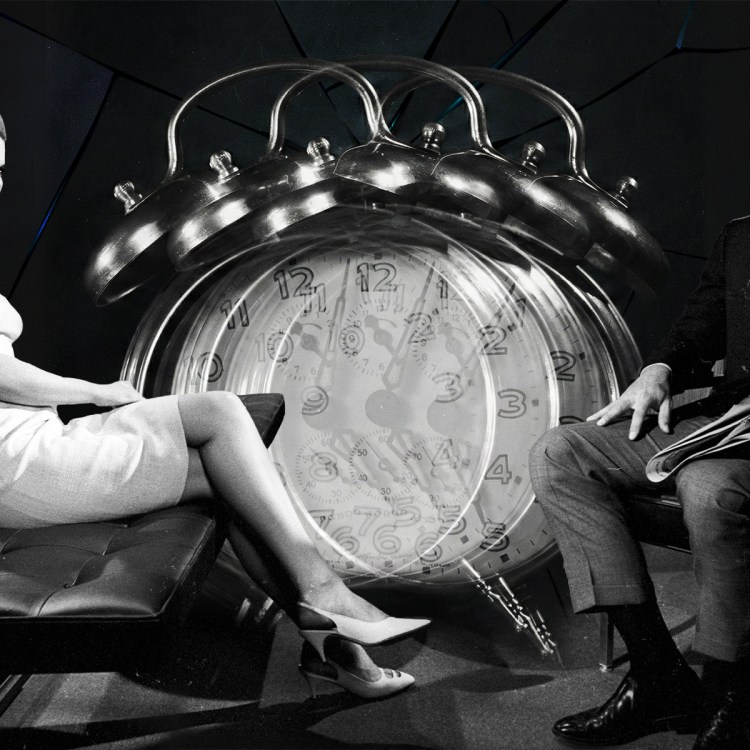ESPN sportscaster Stuart Scott died of appendix cancer about six months after accepting the Jimmy V Award for Perseverance at the 2014 ESPY Awards. Just like the award’s namesake — Valvano delivered a speech for the ages (“Don’t give up, don’t ever give up) in 1993, only two months before dying of adenocarcinoma — Scott spoke with astonishing grace on his disease. He revealed that he’d recently undergone four surgeries and wasn’t sure he’d be able to make it to the stage that night. He talked about the support of his friends, family and medical staff, affirming that cancer was far from a “solo venture.”
He also advanced an important idea, which is still struggling to find its footing amidst our modern vernacular: that cancer isn’t a game of winners and losers. “When you die, it does not mean that you lose to cancer,” Scott said. “You beat cancer by how you live, why you lived and in the manner in which you lived. So live. Fight like hell. And when you get too tired to fight, then lay down and rest and let somebody else fight for you.”
More Reviews
Why Retiring Early Could Actually Take Years Off Your Life
You might hate work right now. But for so many seniors, it’s their last true source of purpose and pride.There were more than a few obituaries, half a year later, that printed something to the effect of “Stuart Scott died this morning, losing a lengthy battle with cancer.” These were accurate, well-meaning tributes, but the word choice felt off then, as it still does now, whenever we talk about anyone “fighting” any sort of disease, be it cancer, or dementia, or MS.
That’s because the vocabulary we reserve for such medical crises — “battle,” “beat,” “setback” — too often evokes warfare. It suggests an endgame of victory or defeat. If your cancer’s in remission, you’ve evidently fought hard enough. But if it returns, or, god forbid, it spreads, you’ve fallen short.
This can propagate a cruel, false paradigm in which sickness (which already registers as a massive betrayal by one’s body), becomes increasingly personal, and one’s perceived control over their capacity for survival becomes increasingly unrealistic. In truth, though, everyone must die from something, and there shouldn’t be any shame or failure associated with dying from cancer.
The issue becomes more complicated when considering drawn-out neurodegenerative diseases. As NPR recently pointed out, can you really go to battle with dementia, “a relentless, persistent thief, [that robs] a person of [their] memory and cognitive abilities”? Perhaps it is the injustice of these sicknesses that engenders such terse diction from the loved ones of those who suffer. When you see a parent or sibling assaulted by something, it’s only natural to implore them to battle back. But gentler terminology — however inconsequential as it may seem, in the grand scheme of loss — could help reframe the sickness and the eventual grief, in more compassionate terms.
As vanguard hospice directors told NPR, it’s about all channeling acceptance — understanding what you’re dealing with, asking what the next treatment will involve, processing how much time you have left, making the most of that time. This is a process that the sick and their support network must engage with, and one, experts say, that should be seen as experiential, not combative.
Courting acceptance doesn’t mean giving up. It means giving yourself (or your loved one) permission to still live. It can even be empowering, in situations where the aging and ailing choose to forgo surgery or chemotherapy. For some, it’s worth it to trade hundreds of difficult days for a few dozen familiar ones. That might not fulfill our understanding of “battling to the end,” but it probes at the issue’s core question — when we ask the sick to “battle,” who are we really asking them to battle for?
Scott cleverly made use of cancer’s warfare words in the same breath that he rejected them. His advice: “You beat cancer by how you live.” The battle, if there is one, starts well before you check into a hospital. It plays out over all the years before its arrival — in your choice to get up every day, work hard, be kind to people, try new things, keep an open mind. If you’ve done all those things, you can rest easy. You’ve already won.
The Charge will help you move better, think clearer and stay in the game longer. Subscribe to our wellness newsletter today.



















